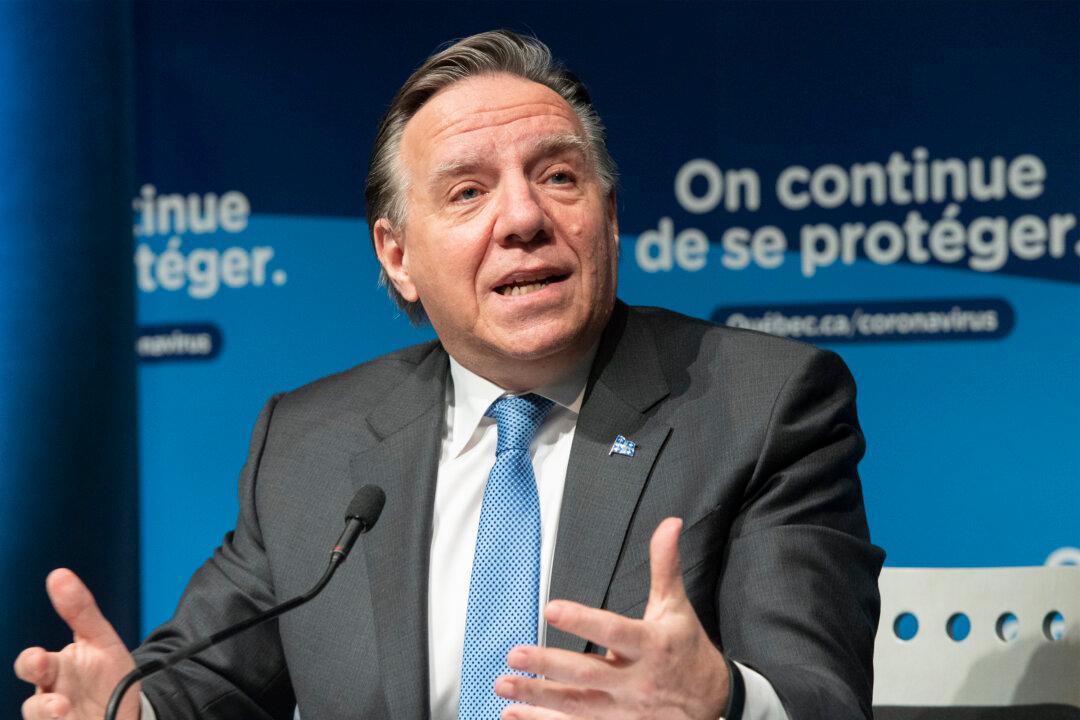The Quebec government is resurrecting the nightly curfew starting on Dec. 31.
The curfew will begin at 10 p.m. and end 5 a.m. the next day, and remain in place for an indefinite period of time.

The Quebec government is resurrecting the nightly curfew starting on Dec. 31.
The curfew will begin at 10 p.m. and end 5 a.m. the next day, and remain in place for an indefinite period of time.